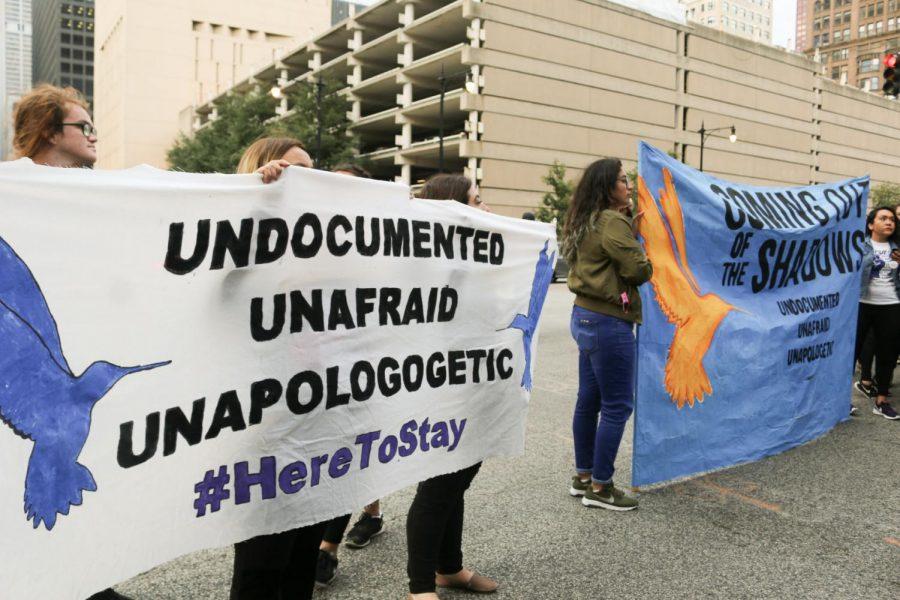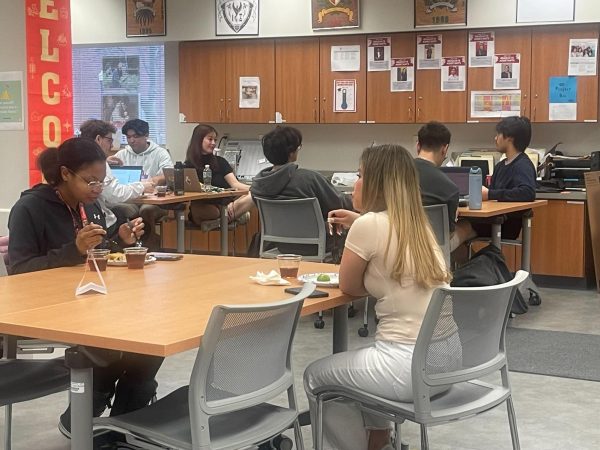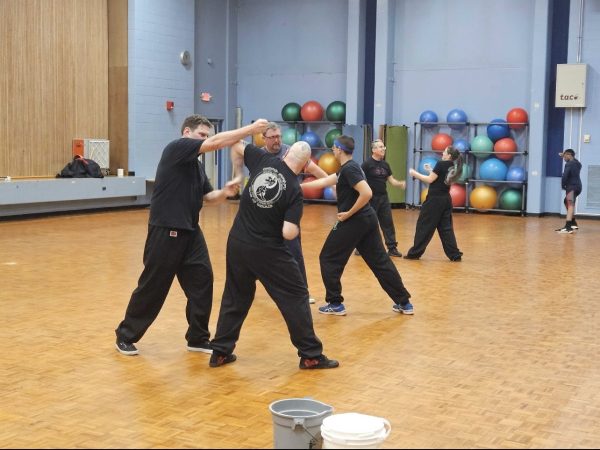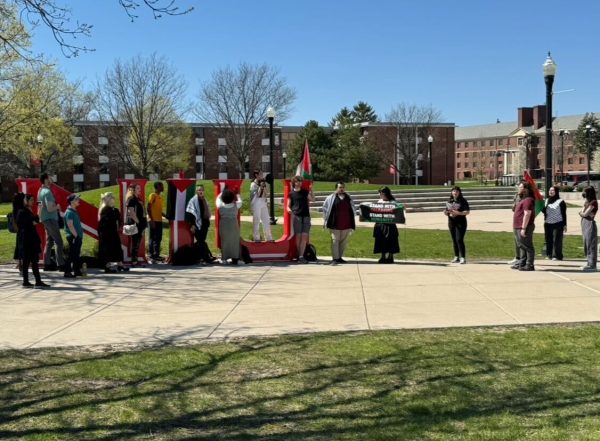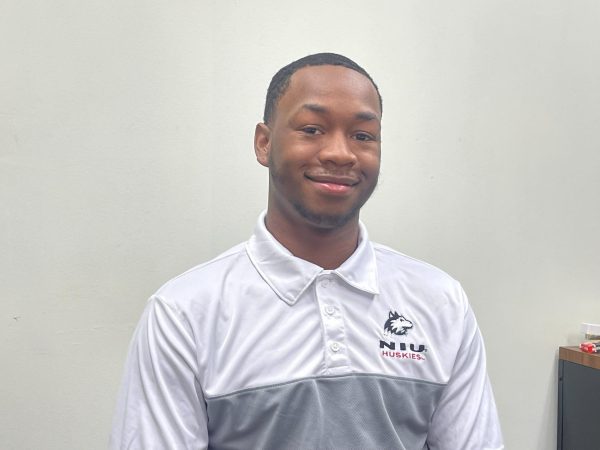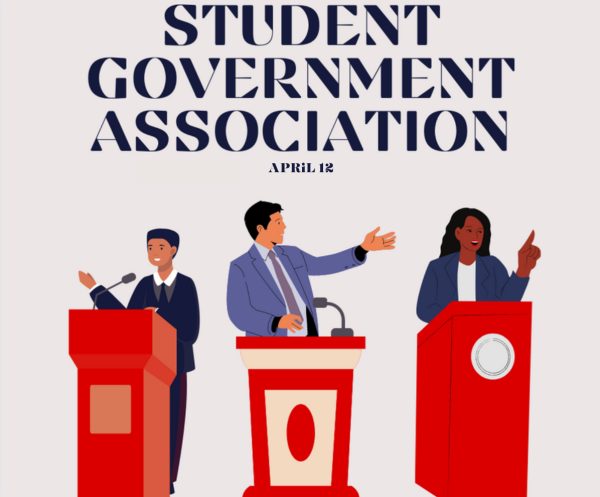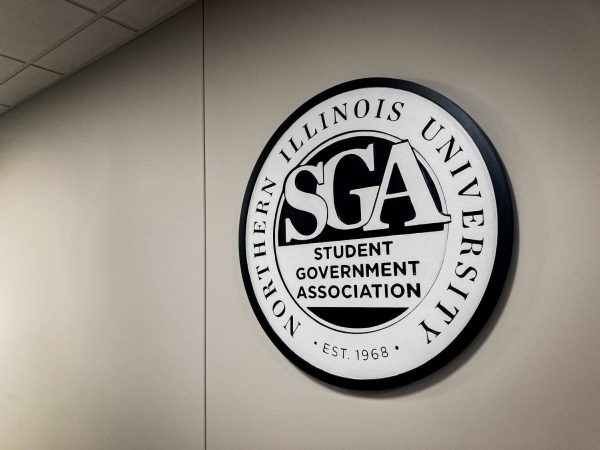DACA students deal with repeal
September 11, 2017
An intensification of emotional and mental stress has gripped undocumented students since the repeal of the Deferred Action for Childhood Arrivals program was announced Tuesday.
That same day, acting President Lisa Freeman responded to President Donald Trump’s decision to terminate DACA with a campus-wide email in support of undocumented students.
“I want to be clear that NIU stands with our students, regardless of their immigration status,” Freeman said in the email. “Moreover, we are committed to admitting and retaining students regardless of status or nationality.”
The administrative program allowed undocumented immigrants, who arrived in the country as children, the opportunity to register and remain in the country and receive a two-year working permit if those registered met certain guidelines.
Attorney General Jeff Sessions, on behalf of Trump, announced new applications for the program will no longer be accepted as of Wednesday, and officials will limit renewals for those already in the program. More than 750,000 undocumented immigrants were approved for protection under the program in 2016, according to data from U.S. Citizenship and Immigration Services.
Sarah Huckabee Sanders, White House press secretary, said Tuesday Trump has placed the future of 800,000 lives into the hands of the U.S. Congress because the program has been “deemed illegal” by many legal experts and should receive recommendation from the Justice Department.
Christina Abreu, director of the Center for Latino and Latin American Studies, said it is believed there are approximately 200 undocumented students who attend NIU.
“To our undocumented students: You belong at NIU,” Freeman said in the email. “We want you here, and we are prepared to help you navigate how to continue on your educational journey.”
Undocumented students are unable to receive federal or state funding for higher education and other benefits like public health insurance and Social Security, according to a Feb. 25, 2009, U.S. Department of Health and Human Services report.
“I would say the university is very supportive of undocumented students, and that the university is aware of the challenge undocumented students face in paying for school because undocumented students are not eligible for financial aid,” Abreu said.
Abreu said the Center for Latino and Latin American Studies and the Latino Resource Center offer the DREAM Scholarship to undocumented students, which is funded by anonymous donors through the NIU Foundation. Additionally, the center coordinates with faculty and community advocates for the Immediate Assistance Fund, which provides undocumented students financial assistance for other needs like DACA permit renewal.
Beneficiaries whose permits are set to expire before March 5 are eligible to renew no later than Oct. 5, according to the Department of Homeland Security.
For those on campus dealing with these limitations, there is DREAM Action NIU, which is a student-led organization that strives to promote awareness about the circumstances undocumented students face and support their aspirations of obtaining a higher education. The group also provides NIU officials with information to better serve their undocumented students.
“This is weighing very heavily on students and also those DACA recipients who are not in school right now,” said Laura Vivaldo Cholula, co-president for DREAM Action NIU. “This is just very catastrophic to people’s mental and emotional wellbeing.”
Vivaldo Cholula said undocumented students have been worried about their future since the November presidential election. However, she said the recent announcement has DACA recipients questioning how the dismantling of the program will affect their day-to-day lives, issues like whether their driver’s licenses will remain valid or if they will be able to travel to different states by plane.
Freeman encouraged undocumented students to continue attending classes and to not allow the recent events to deter them from reaching their goals. Freeman also urged students who want to advocate for the cause to join DREAM Action NIU.
For those who may be losing heart, Vivaldo Cholula said she advises people to first take care of themselves by remaining healthy, finding activities that help clear the mind, involving themselves in advocacy groups either online or in person and being open about their immigration status.
“At the end of the day, they could take away DACA, but they can’t take away our stories which are very powerful and very moving,” Vivaldo Cholula said.



